Author: Mike Neville
Released by Jackson Farms in Wilder, Idaho in 2015, Idaho 7 has a respectable oil content that’s said to contribute a pleasant blend of zesty tangerine, tropical fruit, pine, and black tea to beer.
Alpha: 9.5 – 14.9%
Beta: 3.5 – 5.0%
Cohumulone: 30 – 40%
Total Oil: 1.0 – 2.0 mL/100g
Myrcene: 45 – 55%
Humulene: 10 – 20%
Caryophyllene: 6 – 10%
Farnesene: > 1%
Linalool: > 1%
Geraniol: > 1%
ß-Pinene: > 1%
Parentage: unknown
I’ve used Idaho 7 in conjunction with other varieties a handful of times over the years, and while my experience with this hop has been largely positive, I was excited to learn more about by using it in a single-hop Pale Ale.
| MAKING THE BEER |
As always, I used the standard Hop Chronicles Pale Ale recipe and made adjustments to the kettle additions to ensure a proper level of bitterness.
Idaho 7 Pale Ale
Recipe Details
| Batch Size | Boil Time | IBU | SRM | Est. OG | Est. FG | ABV |
|---|---|---|---|---|---|---|
| 5.5 gal | 60 min | 35.6 | 3.9 SRM | 1.059 | 1.008 | 6.69 % |
| Actuals | 1.059 | 1.008 | 6.69 % | |||
Fermentables
| Name | Amount | % |
|---|---|---|
| Brewers Malt | 10 lbs | 83.33 |
| Vienna Malt | 2 lbs | 16.67 |
Hops
| Name | Amount | Time | Use | Form | Alpha % |
|---|---|---|---|---|---|
| Idaho #7 | 7 g | 45 min | Boil | Pellet | 12.5 |
| Idaho #7 | 7 g | 15 min | Boil | Pellet | 12.5 |
| Idaho #7 | 14 g | 10 min | Boil | Pellet | 12.5 |
| Idaho #7 | 28 g | 5 min | Boil | Pellet | 12.5 |
| Idaho #7 | 57 g | 2 min | Boil | Pellet | 12.5 |
| Idaho #7 | 57 g | 4 days | Dry Hop | Pellet | 12.5 |
Yeast
| Name | Lab | Attenuation | Temperature |
|---|---|---|---|
| Flagship (A07) | Imperial Yeast | 77% | 32°F - 32°F |
Notes
| Water Profile: Ca 125 | Mg 20 | Na 8 | SO4 310 | Cl 56 |
Download
| Download this recipe's BeerXML file |
After collecting the full volume of water, adjusting it to my desired profile, and getting it heating up, I weighed out and milled the grain.
When the water was properly heated, I incorporated the grains and set the controller to maintain my desired mash temperature of 152°F/67°C.
During the mash rest, I prepared the kettle hop additions.
Once the 60 minute mash was complete, I removed the grains and proceeded to boil for 60 minutes, adding hops at the times stated in the recipe.
When the boil was complete, I used my Hydra IC to quickly chill the wort.
A refractometer reading showed the wort was at my target OG.
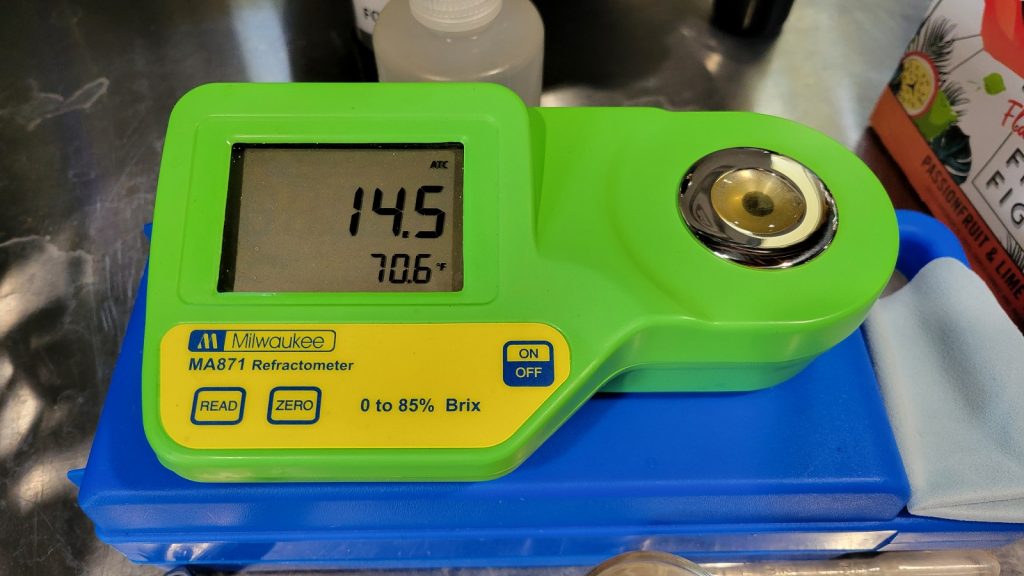
After transferring the wort to a sanitized fermented, I direct pitched a single pouch of Imperial Yeast A07 Flagship.
The beer was left to ferment at 68°F/20°C for a week before I took a hydrometer measurement confirming FG was reached.
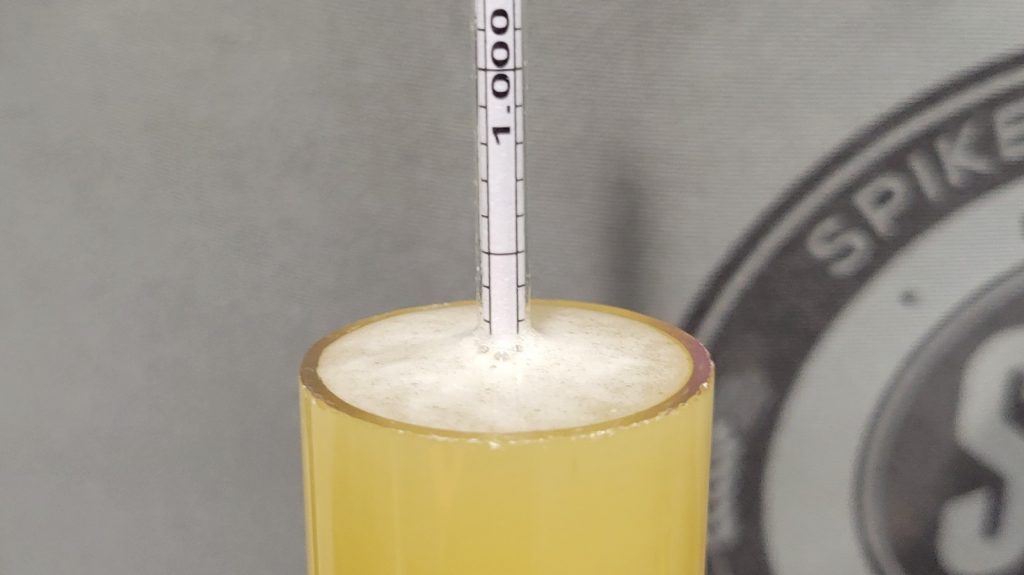
With fermentation complete, I cold-crashed the beer for 24 hours then pressure-transferred it to a CO2 purged keg that was placed in my keezer and burst carbonated overnight before I reduced the gas to serving pressure. After a week of conditioning, it was ready to serve to blind tasters.
| METHOD |
Participants were instructed to focus only on the aromatic qualities of the beer before evaluating the flavor. For each aroma and flavor descriptor, tasters were asked to write-in the perceived strength of that particular characteristic on a 0-9 scale where a rating of 0 meant they did not perceive the character at all and a 9 rating meant the character was extremely strong. Once the data was collected, the average rating of each aroma and flavor descriptor was compiled and analyzed.
| RESULTS |
A total of 20 people participated in the evaluation of this beer, all blind to the hop variety used until after they completed the survey. The average aroma and flavor ratings for each descriptor were plotted on a radar graph.
Average Ratings of Aroma and Flavor Perceptions
The 3 characteristics endorsed as being most prominent by participants:
| Aroma | Flavor |
| Citrus | Citrus |
| Tropical Fruit | Tropical Fruit |
| Stone Fruit | Stone Fruit |
The 3 characteristics endorsed as being least prominent by participants:
| Aroma | Flavor |
| Onion/Garlic | Dank/Catty |
| Dank/Catty | Onion/Garlic |
| Spicy/Herbal | Earthy/Woody + Berry (tie) |
Next, participants were asked to rate the pungency/strength of the hop.
Tasters were then instructed to identify beer styles they thought the hop would work well in.
Finally, participants were asked to rate how much they enjoyed the hop character on a 1 to 10 scale.
My Impressions: I perceived this beer as having big notes of orange citrus and pineapple in both the flavor and aroma. I also got hints of pine and the black tea that lingered a bit on the palate. This was one of the better single-hop beers I’ve tasted since I started brewing for The Hop Chronicles.
| CONCLUSION |
The Yakima Valley of Washington and the Willamette Valley of Oregon are the most widely known hop growing regions in the United States, but that didn’t hold back Idaho’s Jackson Farms from throwing their hat into the ring with their initial release of Idaho 7, which has come to be known for imparting beer with desirable fruity characteristics.
Corroborating existing descriptions, citrus, tropical fruit, and stone fruit were the most highly rated aroma and flavor characteristics by people evaluating a Pale Ale hopped entirely with Idaho 7, while onion/garlic and dank/catty received the lowest ratings. Moreover, a majority of tasters rated the pungency of this hop as being strong or extreme, which likely explains the fact most people felt it would work best in hoppy IPA.
Like a good portion of the folks who evaluated this beer, I really enjoyed the Idaho 7 characteristics and think this was one of the best single-hop beers I’ve made for The Hop Chronicles so far. While I’ll likely continue using it in combination with other hops when making hopped up styles, I could definitely see myself brewing with it on its own again in the future, as I found the complex blend of fruitiness with subtle pine and herbal notes very inviting.
Idaho 7 hops are available now at Yakima Valley Hops, get some while you can! If you have any thoughts on this variety, please feel free to share them in the comments section below.
Support Brülosophy In Style!
All designs are available in various colors and sizes on Amazon!
Follow Brülosophy on:
FACEBOOK | TWITTER | INSTAGRAM
If you enjoy this stuff and feel compelled to support Brulosophy.com, please check out the Support page for details on how you can very easily do so. Thanks!




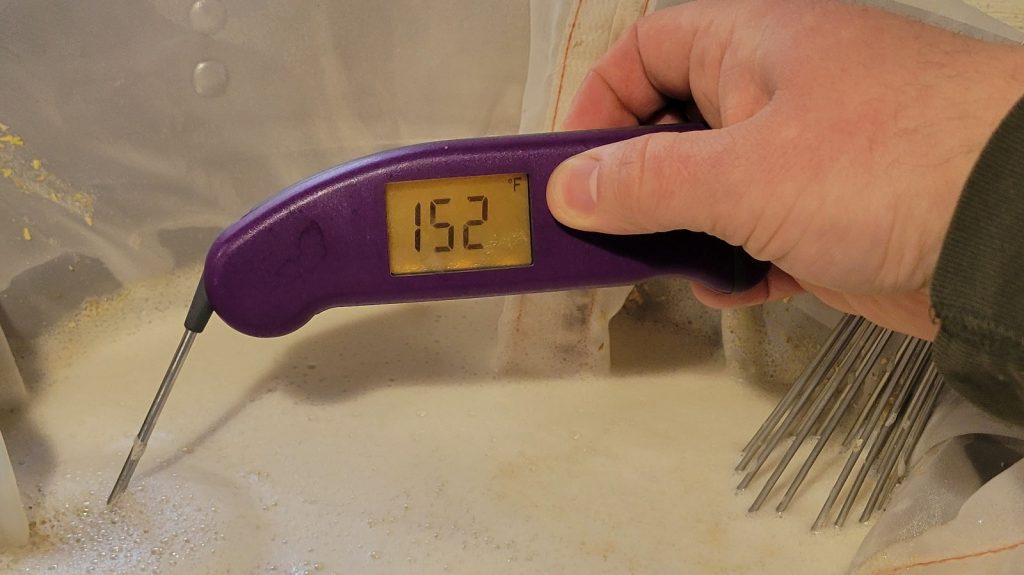
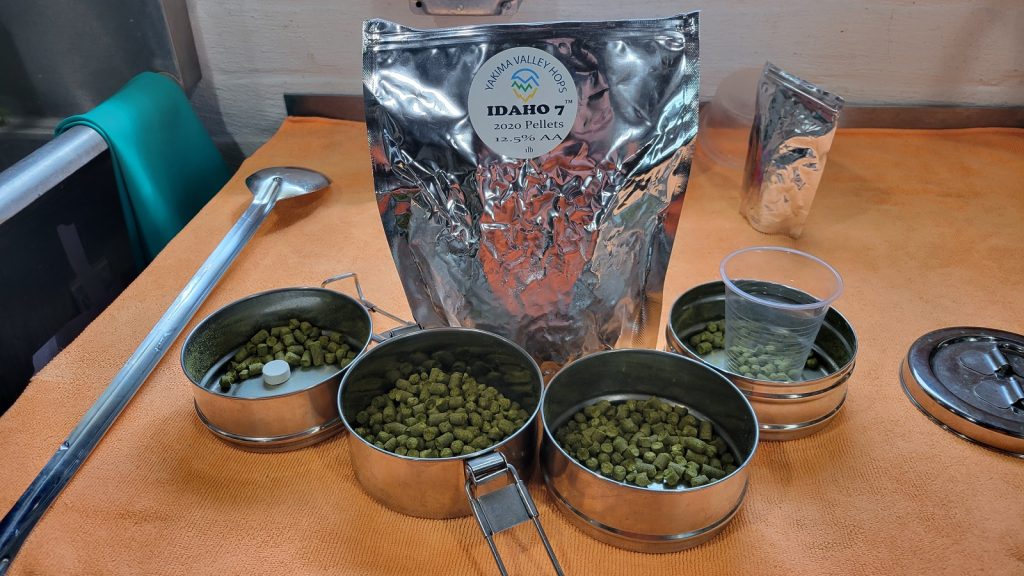
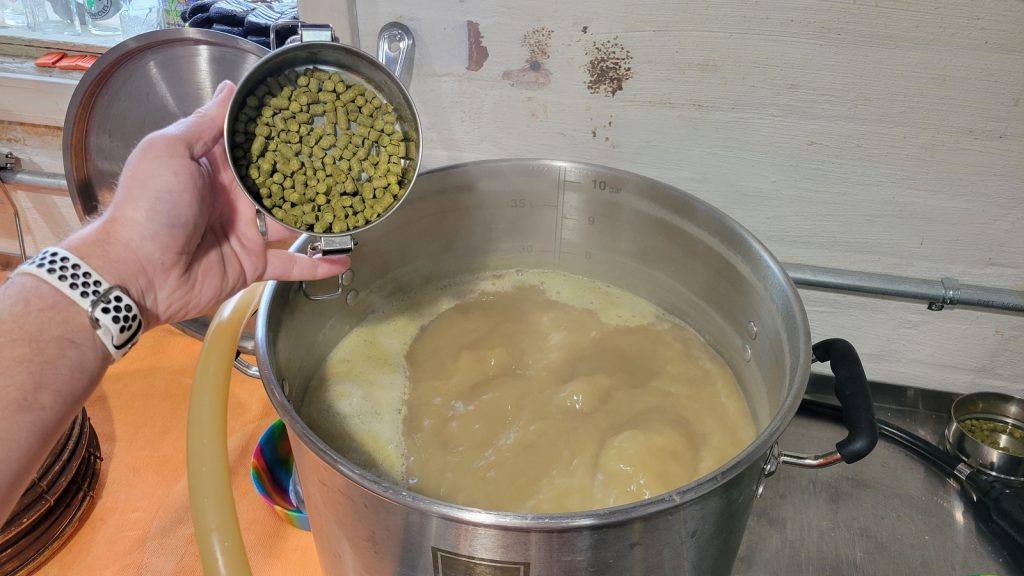
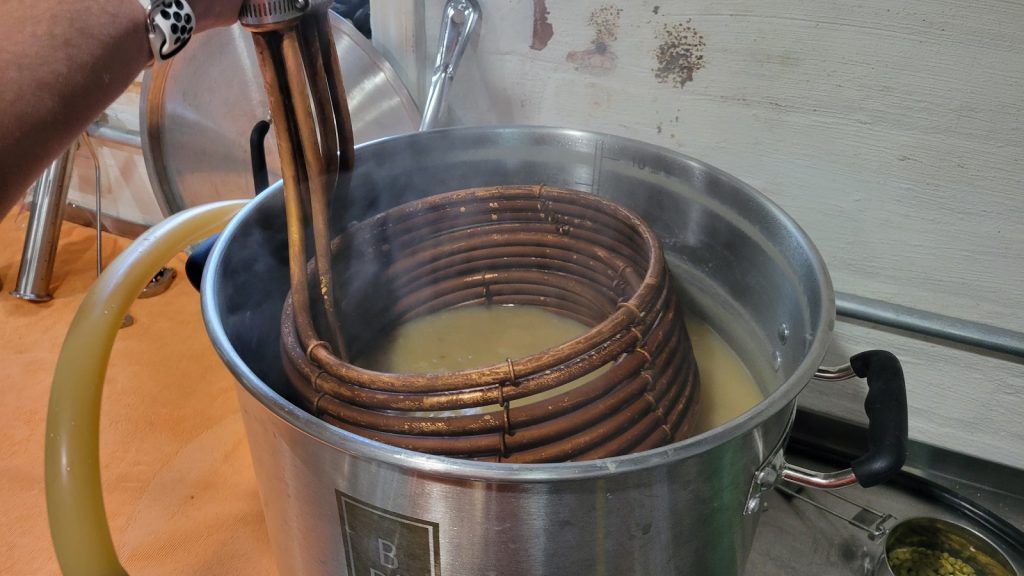
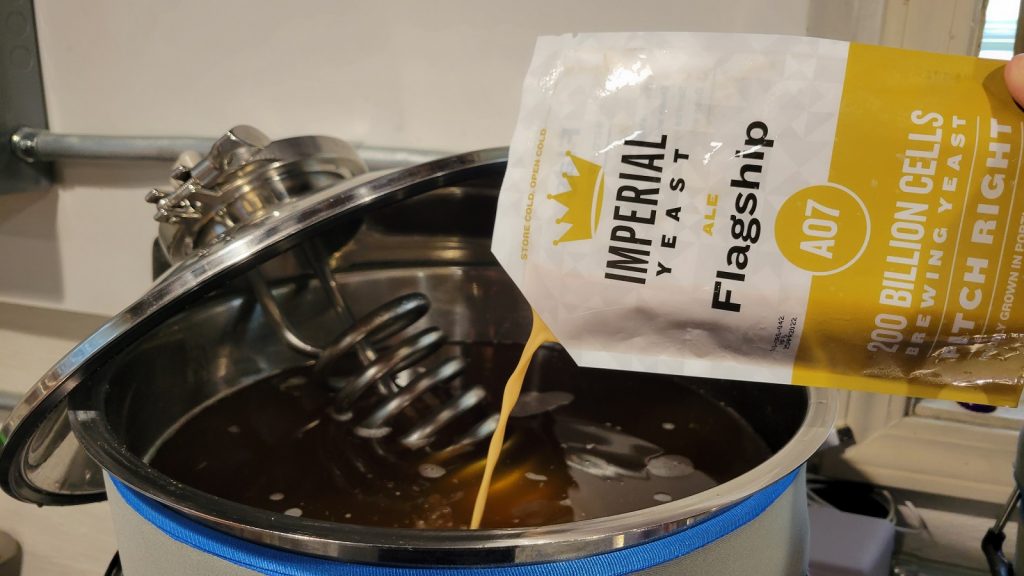
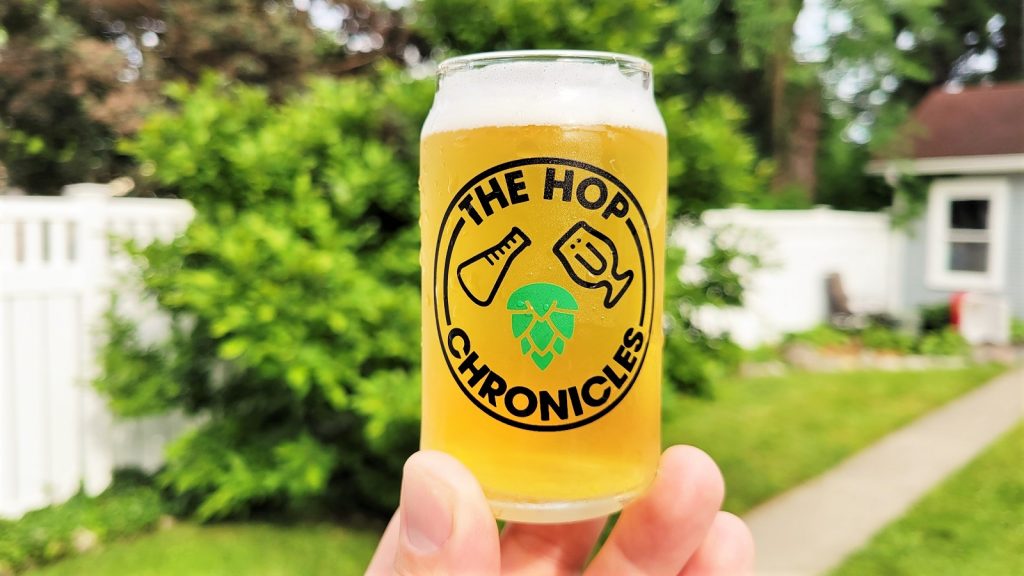

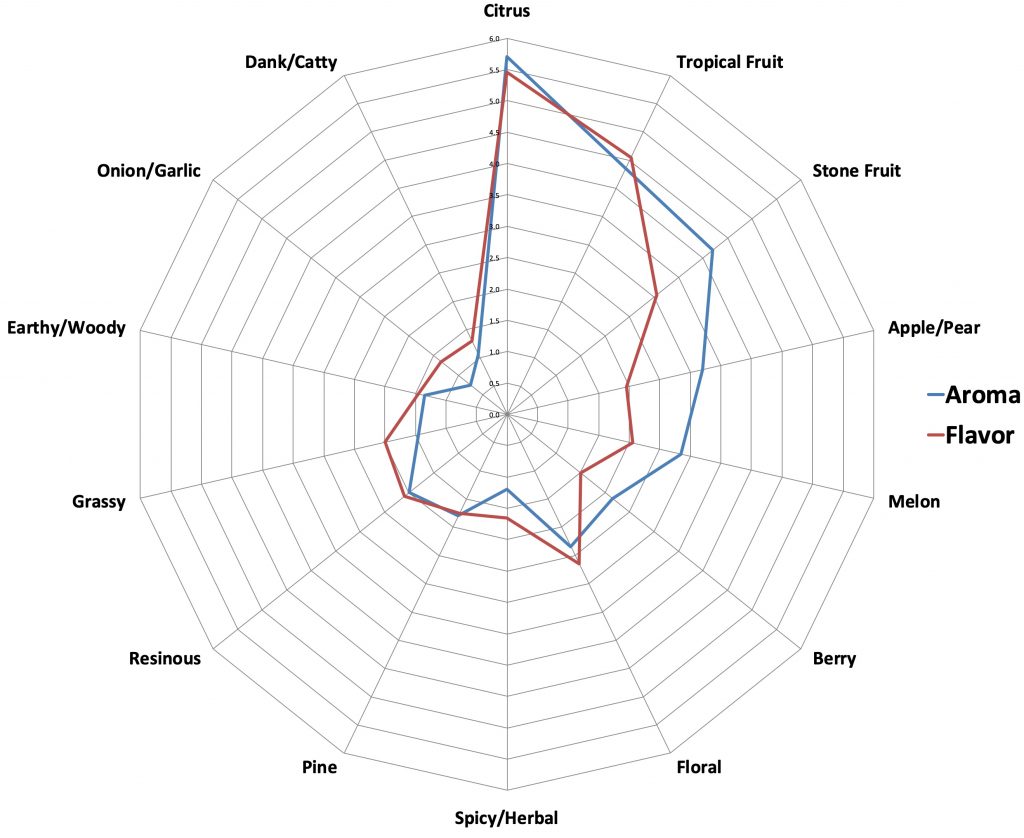
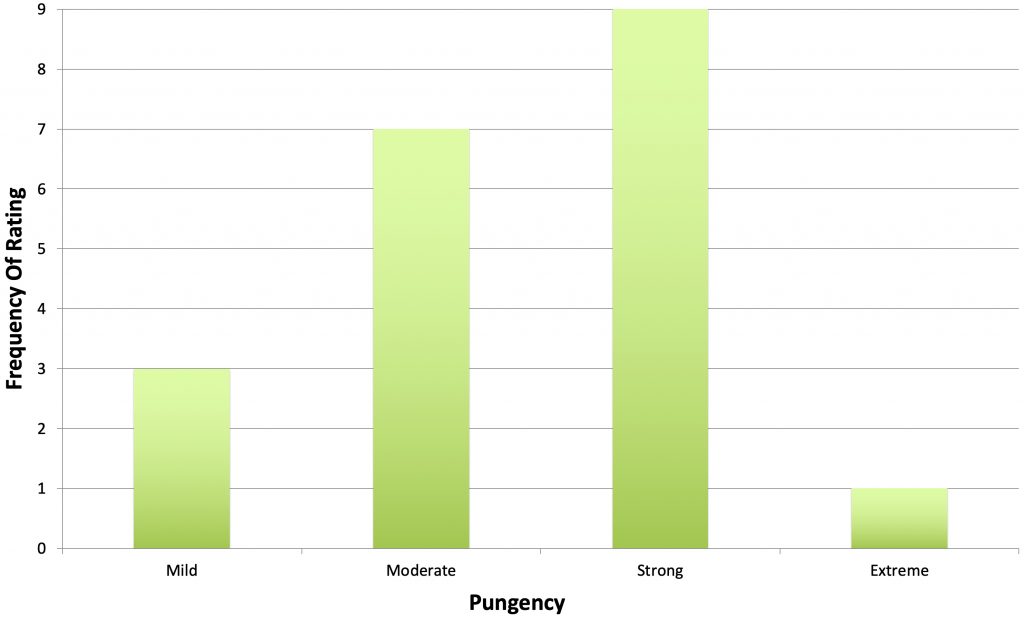
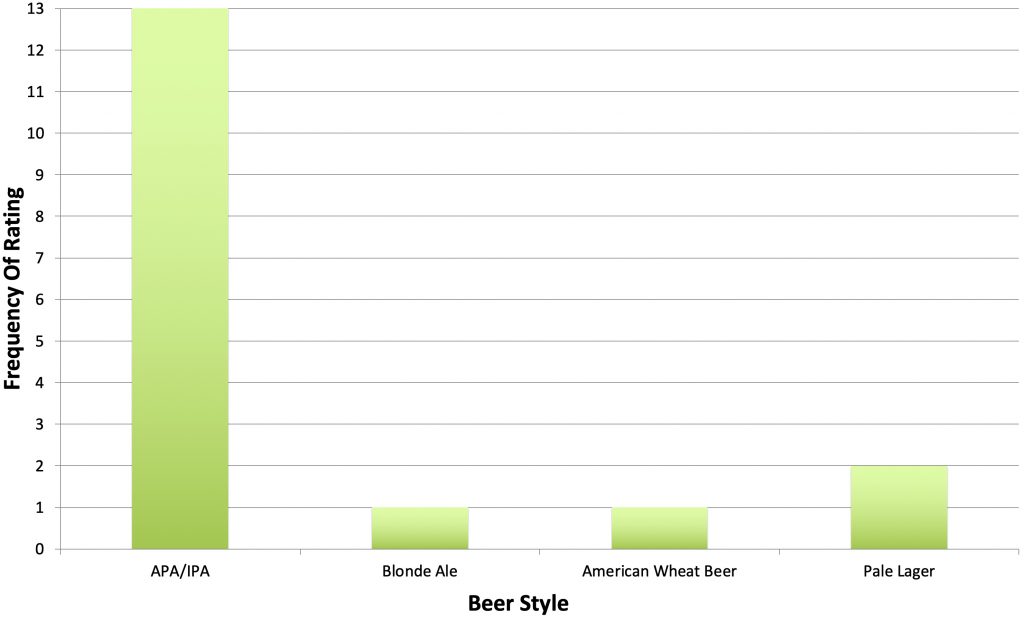
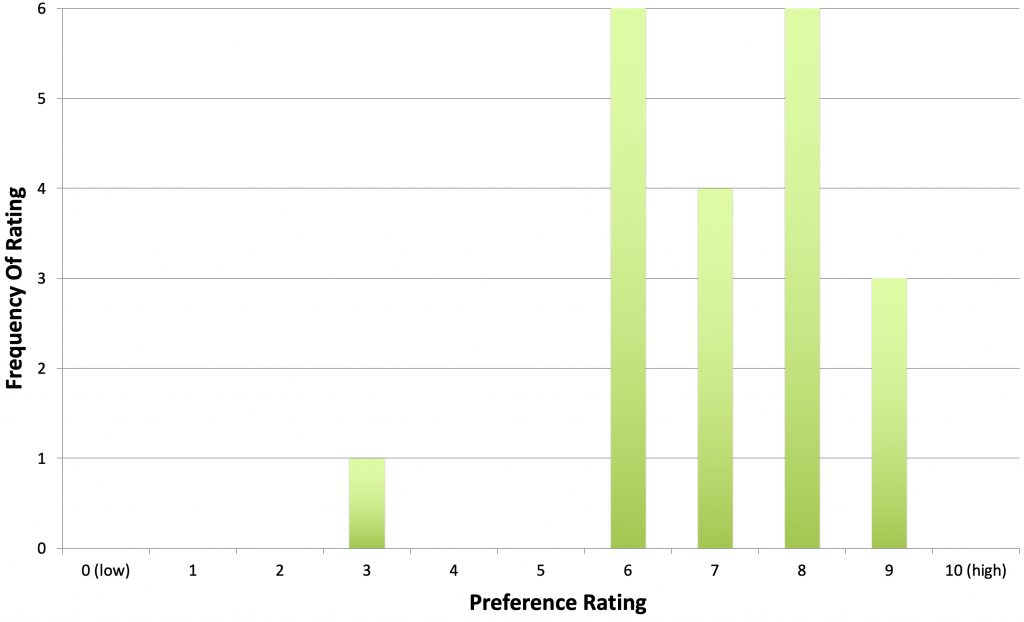








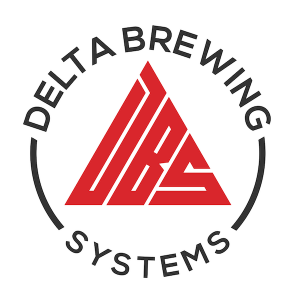


6 thoughts on “The Hop Chronicles | Idaho 7 (2020) Pale Ale”
Hi fellas. Thoroughly enjoying your studies but I do wonder how you get such extraordinary attenuation (~86%) from this yeast. Ant thoughts her?
Thanks guys. Thomas.
I know, I can get about 82% out of flagship with a step mash, but never in a week. But I do generally ferment a few degrees cooler than 68.
Hey Thomas – nothing specific comes to mind. I treat it the same as most other clean ale yeast. Ferment somewhere around 68F for five to seven days, then ramp up to maybe 71F for a couple days to finish out. Flagship always finishes below 1.010 for me
Idaho 7 is my favourite hop to use on the hot side, it works really well as a single hop for the whirlpool, and then pairing it with any other fruity / citrus hop for dry hop. Callista Lupomax is also really good for whirlpool additions (and cheap).
Glad to see the writeup. If I can make a suggestion, in addition to the results that are standard across all of these hop taste tests , it would be interesting to see a sampling of whatever subjective opinions tasters might have on individual tests.
For instance if they have more specifics of what kind of citrus they’re picking up – lemon, orange, grapefruit, etc. – it would be interesting to know, even if they aren’t standardized in a way that can be compared across tests.
Hi Mike, I’d like to brew this to start a little Smash series of my own. How do you do your 2 minute additions? How long do you leave that addition in? Do you usually use a hop spider? Do you cool down right after flame out? The Brewfather recipe for this beer calls for a dry hop, do you usually do that with Smash beers? Cheers from Berlin, Immo